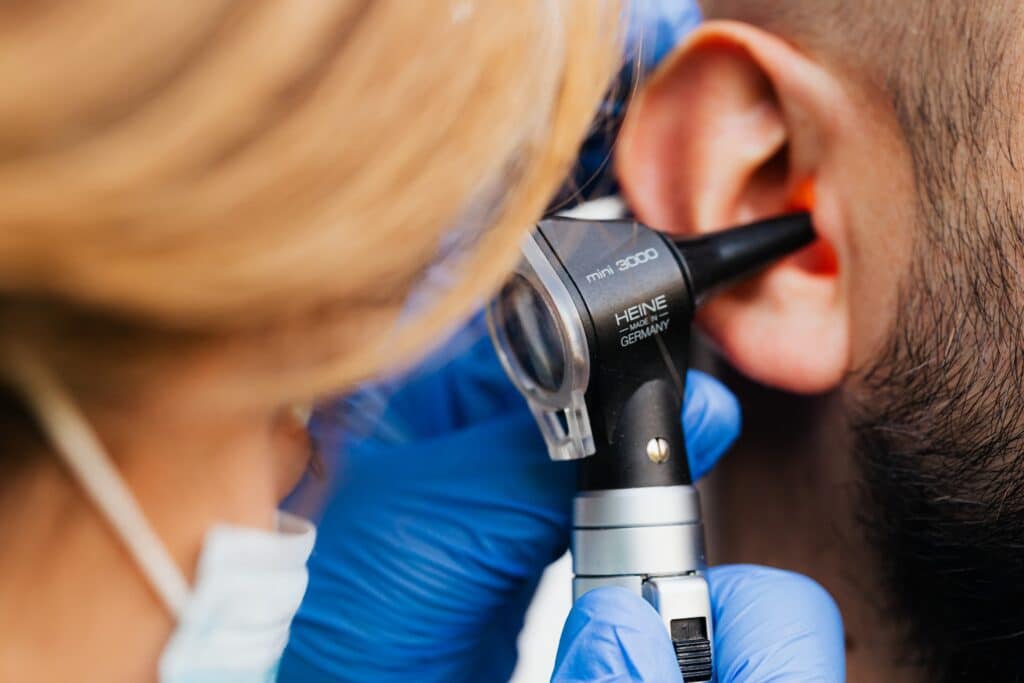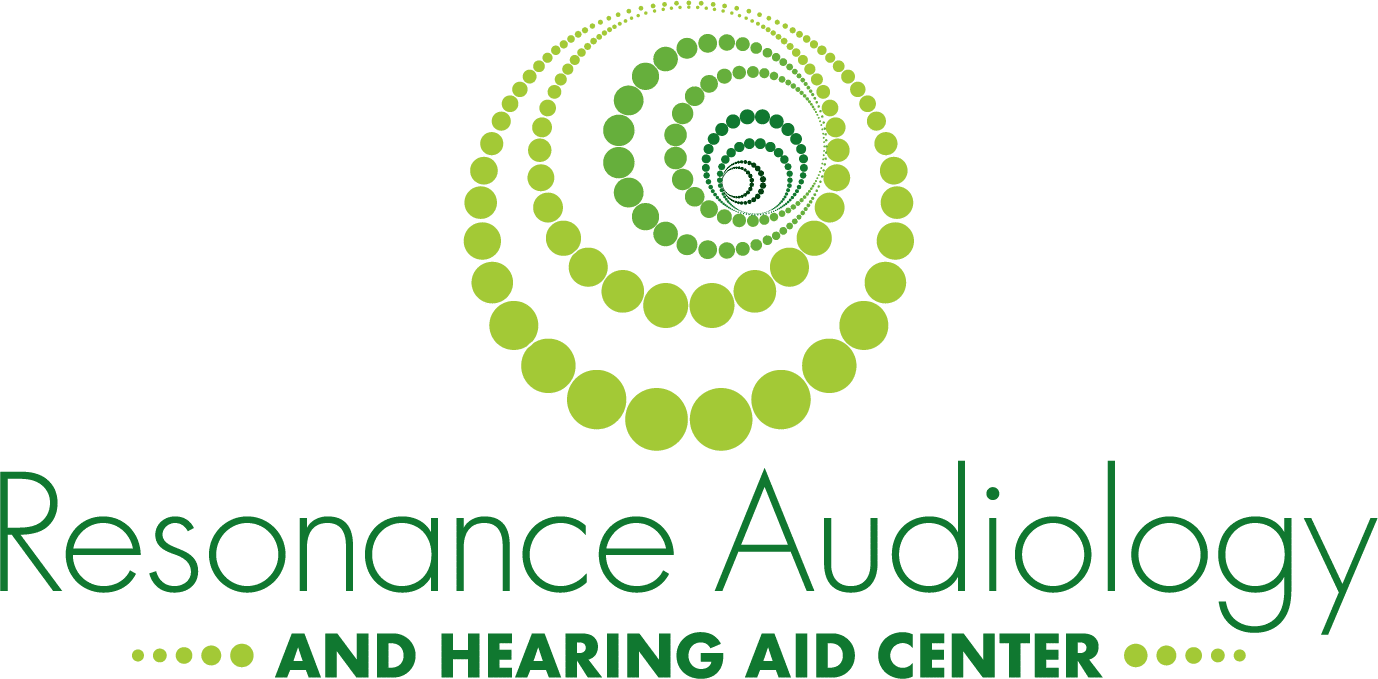Can Medications Affect My Hearing?
When most people think about hearing loss, they think of things like loud noises, trauma to the ear, or perhaps even old age. Most people would not think that something like medicine could affect your hearing. Medicine is something that people associate with healing and recovery. It may come as a surprise, but there are certain medications that can damage the ear, cause tinnitus and even lead to hearing loss. These medications are categorized as ototoxic medicines.

The American Speech-Language-Hearing Association has identified more than two hundred ototoxic medications, both prescribed and over the counter, that are currently on the market.
While severe cases of hearing loss due to ototoxic medicines are more common amongst elderly patients, it can happen to just about anyone. Symptoms usually start with vertigo as well as tinnitus (ringing in the ears) but then can quickly progress to hearing loss if left unchecked. It is possible that hearing can return to normal but this would require you to stop taking the medication that is causing the issue, which may not always be possible. In some instances, hearing loss can come on very quickly and be permanent even if you stop taking the medication. It is important to know which medications are ototoxic and to have your hearing evaluated if you know you are going to be taking an ototoxic medication.
Some of the more commonly used medicines that can cause hearing loss are:
- Cyclophosphamide, cisplatin, and bleomycin – these are used in the treatment of cancer.
- Gentamycin, streptomycin, and neomycin – these are used in the treatment of kidney disease.
- Furosemide and bumetanide – these are diuretics used in the treatment of high blood pressure and heart failure.
- Ibuprofen and naproxen – these are nonsteroidal anti-inflammatory drugs (NSAIDS) used in the treatment of a range of things.
- Aspirin when taken in large doses.
When any ototoxic medication causes damage, it most commonly damages cochlear and vestibular tissues and diagnosing the problem can be somewhat difficult. Since symptoms can come on gradually or very suddenly, it can be hard to properly test for any signs of ototoxicity. The best thing to do is to consult with an audiologist when you are being instructed to take medications that may be ototoxic.
For all of your needs when it comes to audiology services, you should look no further than Resonance Audiology. We have always provided residents of Lancaster County, and the surrounding area, with top-notch audiology services. We will work hand in hand with your physician to assess the situation and monitor your hearing in an effort to ensure the best possible outcome. We can conduct tests to evaluate your hearing throughout the time you are taking an ototoxic medication. If we notice any decline in your level of hearing, we will then communicate with your physician to consider alternatives to the medication you are on if possible. Having the assistance of an experienced audiologist could make a difference in the future preservation of your hearing.
If you have questions or apprehensions about your hearing, contact us to set up an appointment to address these concerns as soon as possible!
